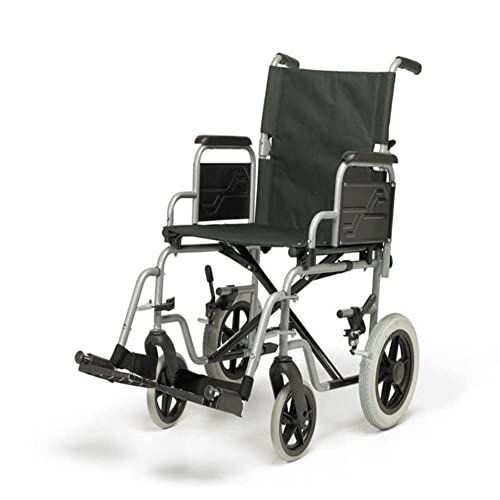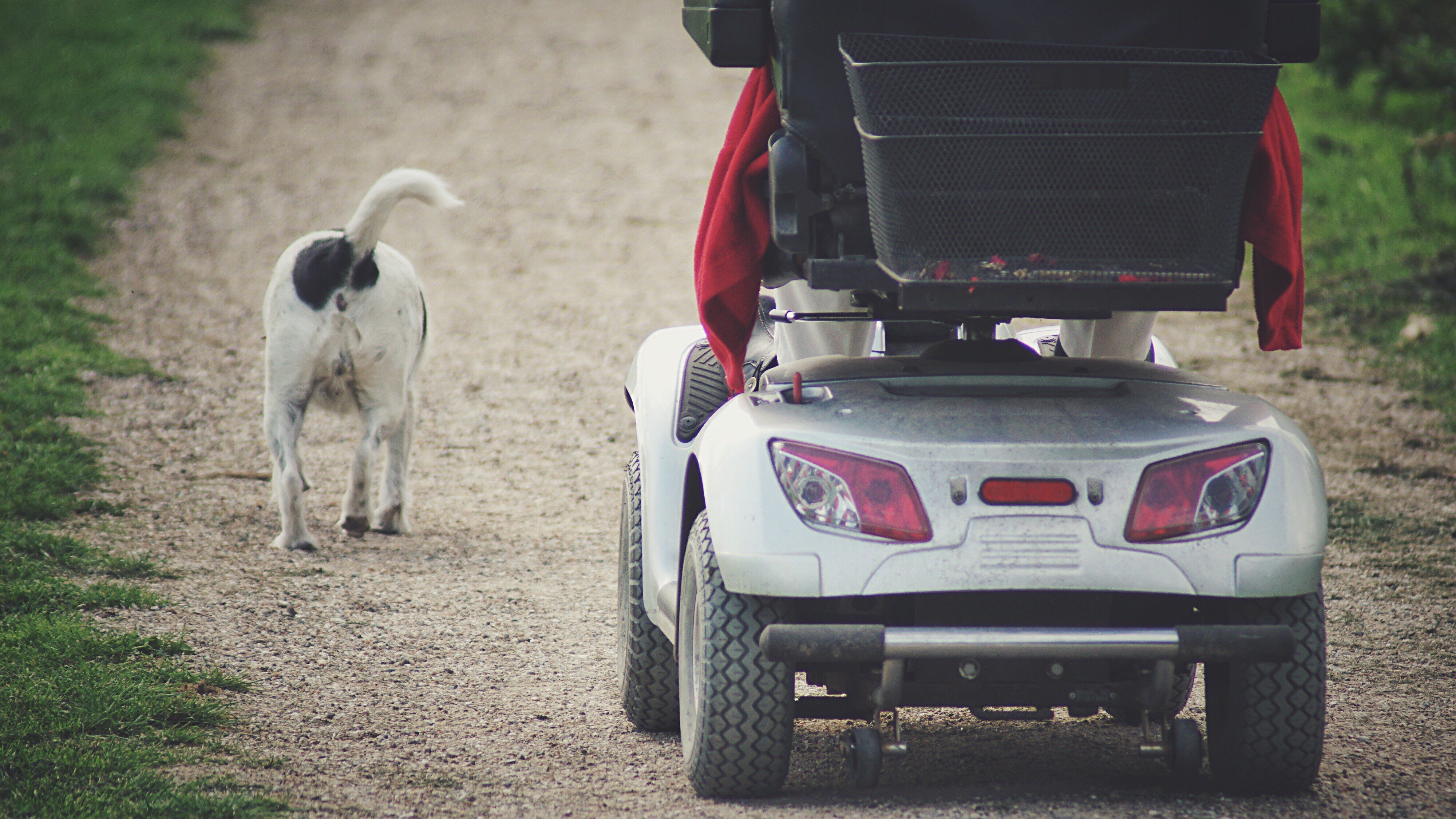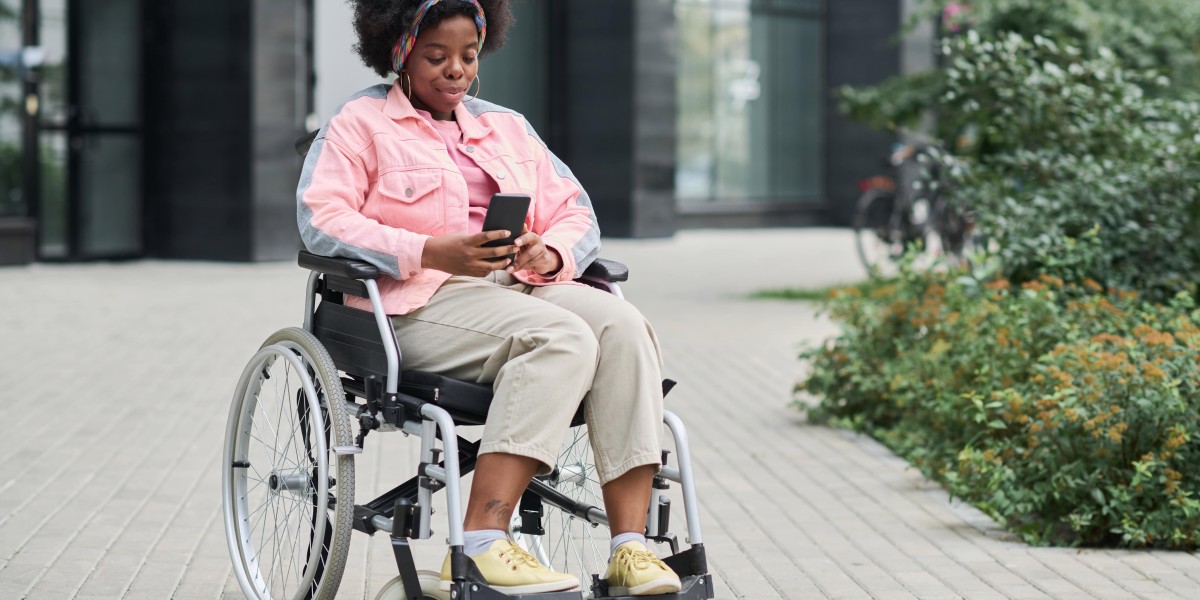Mobility Scooters in the UK: A Comprehensive Guide
In the United Kingdom, mobility scooters are becoming a progressively popular methods of transportation for individuals with mobility problems, offering them with the flexibility to navigate their neighborhoods separately. These motorized cars are designed to help those who have problem walking or utilizing a manual wheelchair, offering a useful and comfy solution for day-to-day travel. This post looks into the world of mobility scooters in the UK, exploring their advantages, legal requirements, and how to select the right one.

Introduction to Mobility Scooters
A mobility scooter is a battery-powered car that generally has 3 or 4 wheels, a seat for the motorist, and handlebars for steering. They are developed to be simple to utilize and maintain, making them ideal for older adults and individuals with specials needs who wish to keep their independence. Mobility scooters come in different sizes and models, each dealing with various requirements and choices.
Benefits of Mobility Scooters
- Increased Independence: Mobility scooters permit users to travel longer distances without the physical stress associated with strolling or utilizing a manual wheelchair. This self-reliance can considerably enhance their quality of life.
- Cost-Effective: Compared to other motorized vehicles, mobility scooters are fairly affordable. They likewise need very little upkeep, which can save users a great deal of cash in the long run.
- Reduce of Use: Most mobility scooters are developed to be user-friendly, with user-friendly controls and comfy seating. They are often light-weight and can be quickly dismantled for transportation.
- Enhanced Social Interaction: By allowing users to venture out more often, mobility scooters can help in reducing sensations of isolation and isolation, fostering social connections and neighborhood participation.
- Improved Safety: Mobility scooters are equipped with features such as headlights, brake lights, and horns, making them much safer for use on roadways and in public areas.
Kinds Of Mobility Scooters
When choosing a mobility scooter, it's crucial to consider the type that best matches your requirements. Here are the primary types available in the UK:
Class 2 Mobility Scooters:
- Speed: Limited to 4 mph (6.4 km/h)
- Usage: Suitable for pavements and pedestrian locations
- Features: Compact and light-weight, collapsible for easy transport
Class 3 Mobility Scooters:
- Speed: Can reach up to 8 miles per hour (12.9 km/h)
- Usage: Suitable for both pavements and roads, offered they are registered and guaranteed
- Features: Sturdier build, often with more advanced features like suspension and bigger batteries
Sturdy Mobility Scooters:
- Capacity: Designed to support users weighing approximately 400 pounds (181 kg)
- Usage: Ideal for those who require a robust and long lasting scooter
- Functions: Reinforced frame, larger seat, and improved stability
Off-Road Mobility Scooters:
- Terrain: Built to manage rough and unequal surfaces
- Usage: Suitable for users who delight in outdoor activities like treking or fishing
- Features: All-terrain tires, high ground clearance, and powerful motors
Legal Requirements for Mobility Scooters in the UK
Using a mobility scooter in the UK includes particular legal obligations. Here are the bottom lines to consider:
- Registration and Insurance:
- Class 2 Scooters: No registration or insurance required
- Class 3 Scooters: Must be registered with the DVLA, insured, and display a valid MOT certificate if utilized on roads
- Motorist Requirements:
- Age: Users need to be at least 14 years old
- Health: No specific health conditions are required, however users must be able to control the scooter securely
- Speed Limits:
- Class 2 Scooters: 4 miles per hour (6.4 km/h) on pavements
- Class 3 Scooters: 8 miles per hour (12.9 km/h) on roads, 4 miles per hour on pavements
- Safety Equipment:
- Lights: All scooters utilized on roadways must have front and rear lights, indications, and a horn
- Reflectors: Required for usage on roadways, particularly throughout low exposure conditions
- Tax and Parking:
- Tax: Class 3 scooters are exempt from vehicle tax
- Parking: Users can park in designated disabled parking areas with a legitimate Blue Badge
How to Choose the Right Mobility Scooter
Choosing the best mobility scooter includes thinking about several elements:
Mobility Needs:
- Range: How far do you require to travel?
- Surface: Will you be utilizing the scooter on pavements, roads, or off-road?
- Weight Capacity: What is the maximum weight the scooter needs to support?
Budget:
- Initial Cost: Mobility scooters can vary from a few hundred to a number of thousand pounds
- Continuous Costs: Consider the cost of batteries, upkeep, and insurance coverage
Functions:
- Comfort: Look for a scooter with a comfy seat and adjustable controls
- Storage: Some scooters use extra storage for shopping bags or personal items
- Portability: If you require to carry the scooter, select a model that is light-weight and foldable
Track record and Support:
- Brand: Research respectable brand names understood for their quality and dependability
- Warranty: Check the guarantee duration and what it covers
- Customer Support: Ensure the maker or merchant uses good client assistance and service
FAQs About Mobility Scooters in the UK
Do I require a license to drive a mobility scooter?
- No, you do not require a driving license to operate a mobility scooter in the UK. Nevertheless, Class 3 scooters must be registered with the DVLA and guaranteed if used on roads.
Can I utilize a mobility scooter on the pavement?
- Yes, both Class 2 and Class 3 scooters are allowed on pavements, but Class 3 scooters are limited to 4 miles per hour.
Are there any limitations on where I can use a mobility scooter?
- Class 2 scooters are limited to pavements and pedestrian areas. Class 3 scooters can be used on roads, but they need to fulfill particular legal requirements.
How do I maintain my mobility scooter?
- Routine upkeep includes examining battery levels, tire pressure, and brake performance. It's also crucial to clean the scooter routinely and keep it in a dry location.
Can I get a mobility scooter through the NHS?
- The NHS offers mobility scooters through the Disabled Living Allowance (DLA) or Personal Independence Payment (PIP). You can likewise buy or lease a scooter from a private retailer.
Is a mobility scooter tax-deductible?

- In many cases, the expense of a mobility scooter can be claimed as a medical expenditure. Consult a financial advisor for specific assistance.
Tips for Using a Mobility Scooter Safely
- Use Appropriate Clothing:
- Wear comfy and weather-appropriate clothes. Think about wearing a high-visibility jacket when using the scooter on roadways.
- Maintain the Scooter:
- Regularly check the battery, tires, and brakes to make sure the scooter remains in great working condition.
- Follow Traffic Rules:
- Obey traffic signs and signals, and utilize designated pedestrian and cycle paths when possible.
- Use Safety Equipment:
- Always use the headlights, brake lights, and horn, especially throughout low visibility conditions.
- Be Mindful of Others:
- Be polite to pedestrians and other roadway users. Slow down when approaching crowded locations.
Mobility scooters are a valuable tool for people in the UK who deal with mobility challenges. They provide a variety of advantages, from increased independence to enhanced safety, making them a popular choice for older adults and people with specials needs. By comprehending the various kinds of scooters, legal requirements, and how to select the right one, users can take pleasure in the liberty and benefit these vehicles supply. Whether for day-to-day errands or pastime, a mobility scooter can considerably enhance the quality of life for lots of people.
Extra Resources
- DVLA Website: For info on registering and insuring a Class 3 mobility scooter
- Age UK: Offers guidance and assistance for older adults considering a mobility scooter
- Disability Rights UK: Provides guidance on accessing mobility scooter Uk scooters through financial support programs
By putting in the time to research study and choose the right mobility scooter, users can take pleasure in greater self-reliance and a more active way of life.










